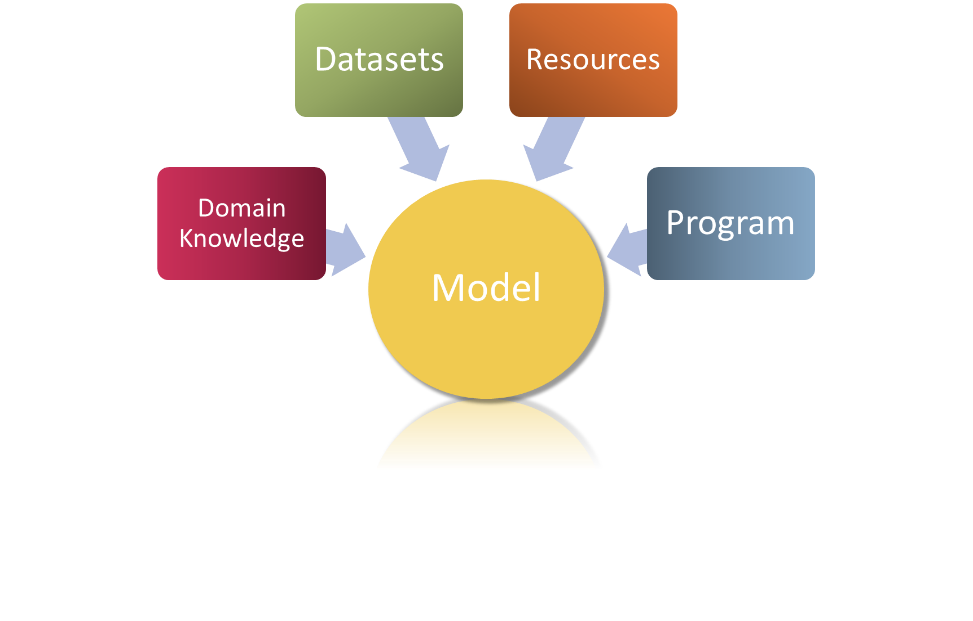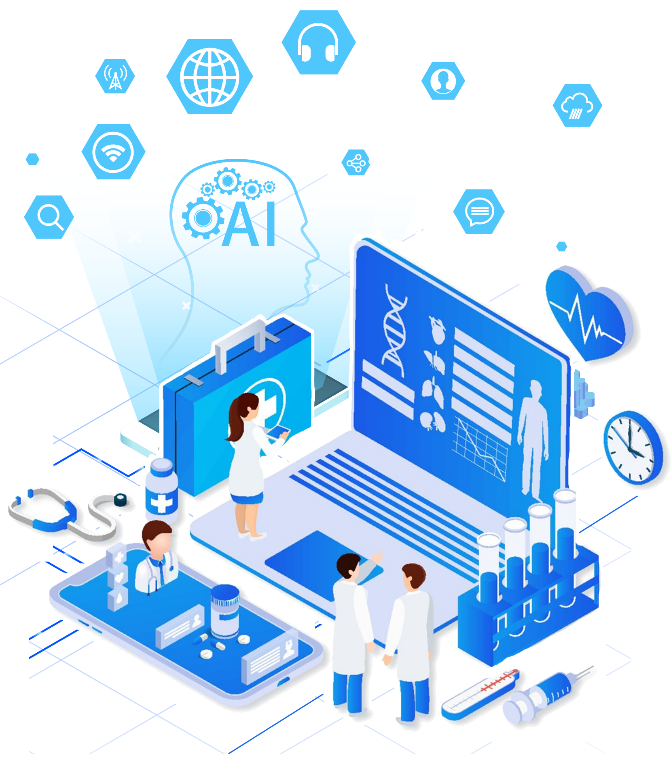Renowned hospitals worldwide are inclining toward smart medicine. The core technology of smart medicine is data-driven health care. Large hospitals collect considerable imaging and physiological data from patients. The appropriate use of big data to improve treatment quality and reduce patients’ burden is the common goal of smart hospitals.
To promote smart medicine, Taiwan’s National Cheng Kung University (NCKU) Hospital developed various artificial intelligence (AI) modeling tools to assist the hospital’s healthcare workers and researchers in using medical images for relevant analyses and detection. The AI modeling tools can be divided into no-code and advanced computing platforms. The no-code AI modeling platform caters to healthcare professionals who have no coding skills for model construction; this platform helps identify the need for further in-depth studies and also saves time. By contrast, the advanced AI modeling platform enables researchers to write their own codes to construct various models and perform computations for tumor identification and pathological diagnosis. By simultaneously providing no-code and advanced AI platforms, the hospital fulfills the requirements of both professional and nonprofessional AI developers, thus achieving the goal of “AI for everyone.” NCKU Hospital has also introduced a federated learning platform to facilitate cross-hospital data sharing and collaborative AI modeling. This platform helps increase the amount of data for AI modeling and improve the accuracy and performance indicators of the model without the leakage of patient data, thus enhancing the quality of patient care.

In its proactive efforts to promote smart medicine, NCKU Hospital uses intelligent technologies to prevent medical errors, to provide warning signs for abnormalities, and to facilitate empirical evidence-based clinical decision-making, thereby reducing medical costs and enhancing treatment quality. Currently, this hospital has more than five imaging models. In the future, these models will be implemented to upgrade the level of smart medical care in NCKU Hospital.
